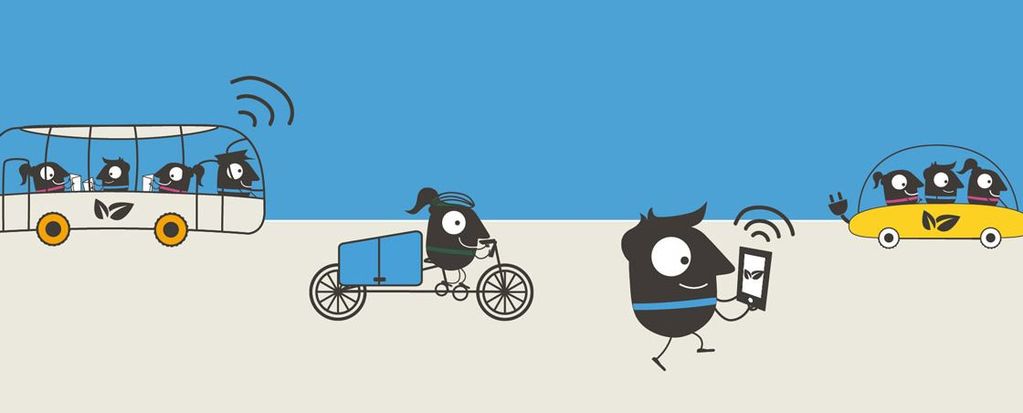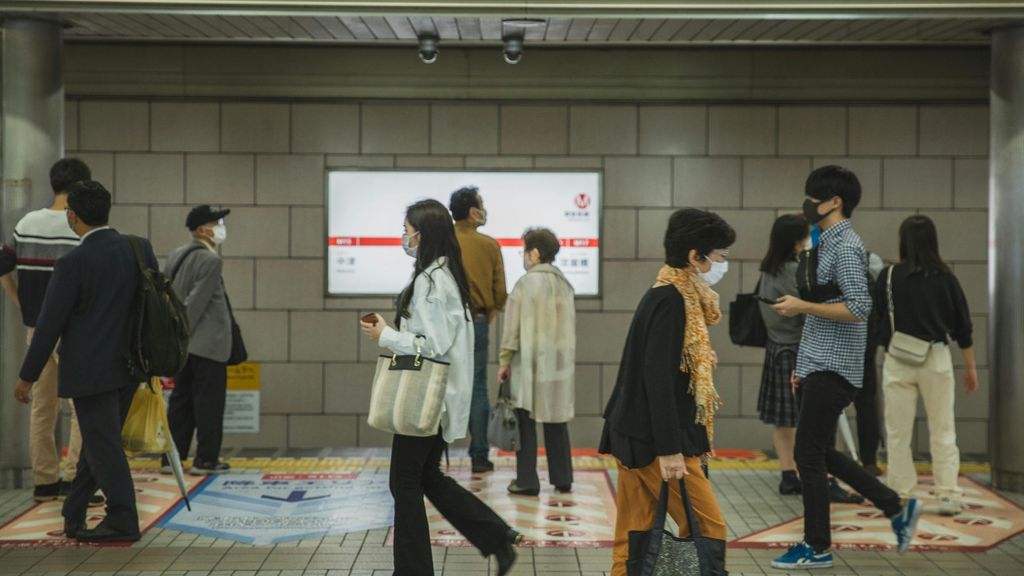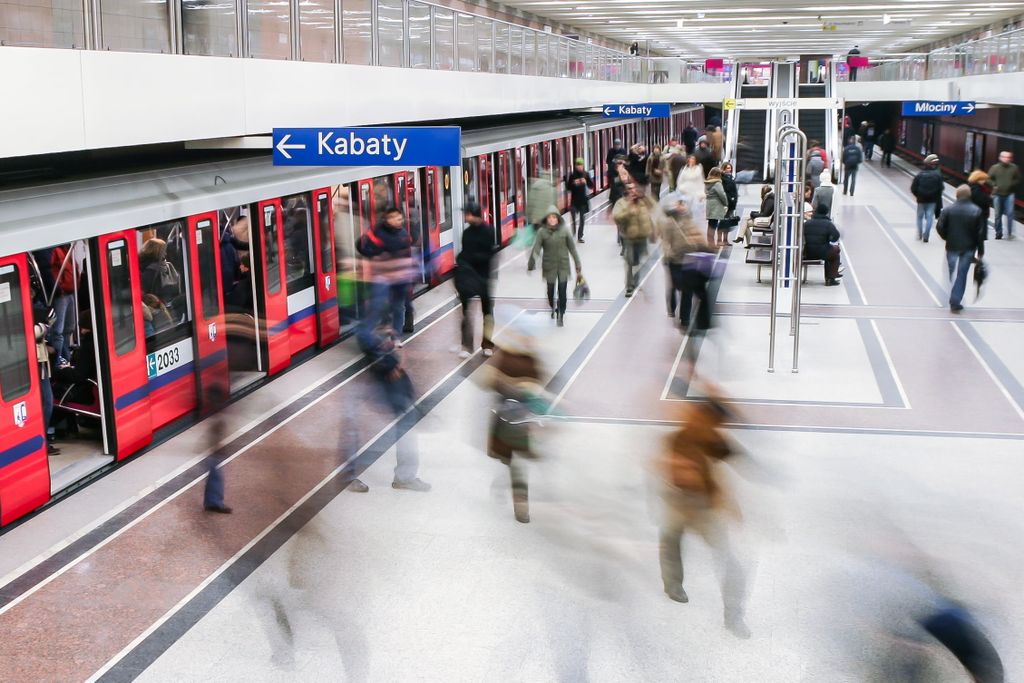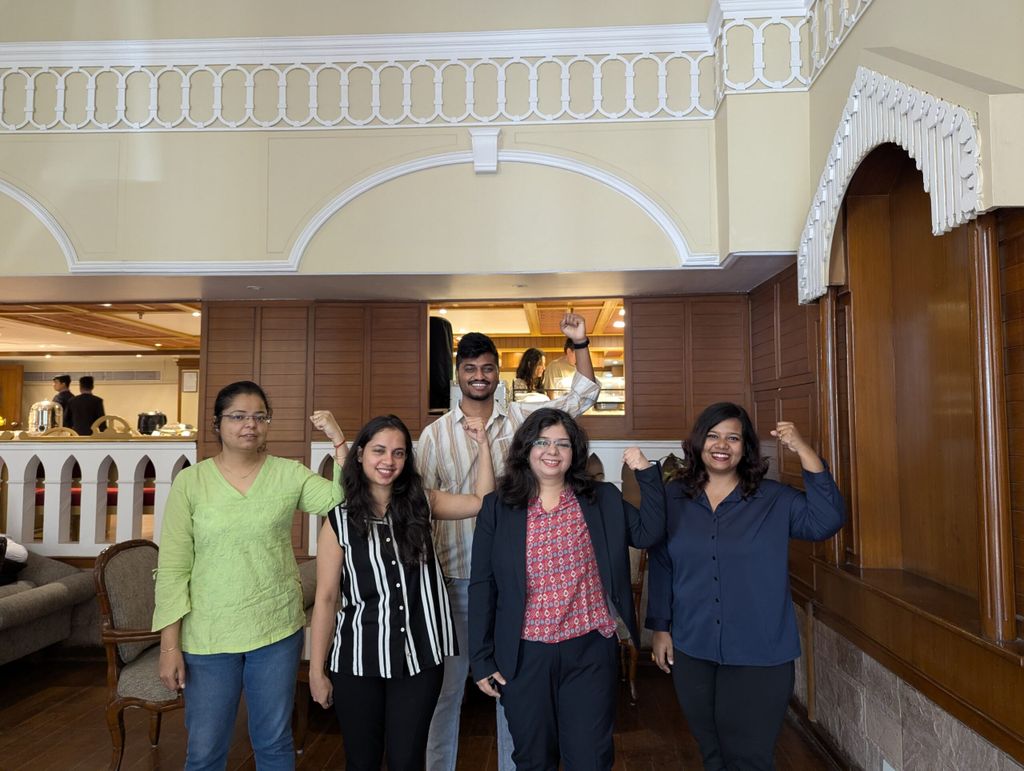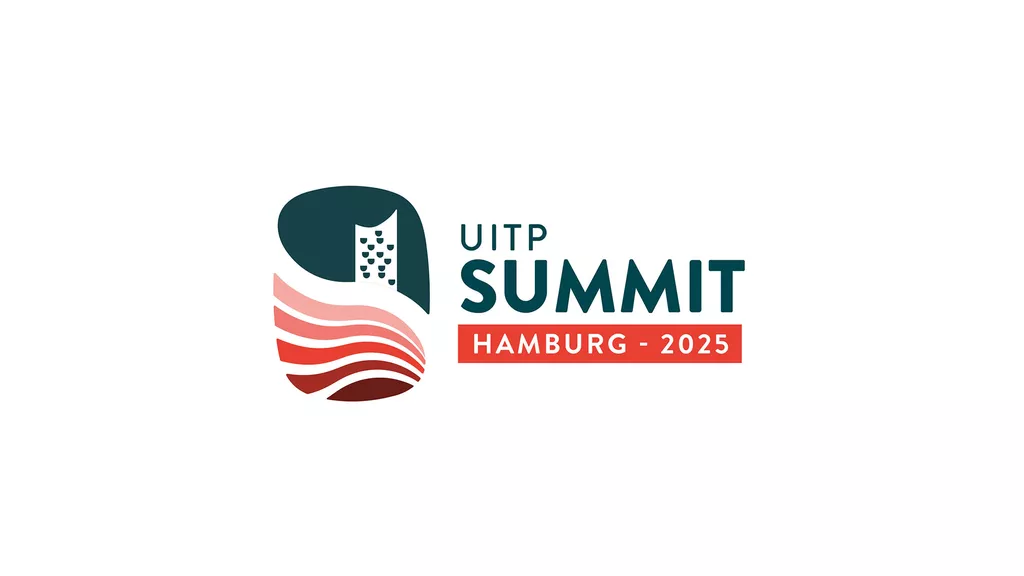
Guardians of Mobility: from the front lines in Madrid, Spain
There are many “unsung heroes” in times of crisis, and we recognise that our public transport professionals are some of them
Our ‘Guardians of Mobility’, are an integral part of the front liners keeping essential services available throughout the coronavirus pandemic.
Over the course of these past few weeks, we have been sharing stories from our own community on what’s being done to keep public transport operations running around the world, and to shed a little light on our sector’s contribution to fighting this pandemic.
Today, we come to you with a few stories from Madrid, a region gravely affected by the pandemic which is still making an immense effort to keep public transport running and to support the community.
CRTM, Madrid PTA
The Madrid Region PTA, CRTM, is responsible for the definition and execution of intermodal and sustainable public transport planning, management and operation and maintenance of public transport infrastructures and services in the Region of Madrid. They count 1,500 million passengers per year, 40 infrastructure managers and public and private operators, in 179 municipalities.
Francisco Javier Gómez López, Strategic Planning and Operations Director at CRTM, shared some thoughts with us: “Crises, like the one caused by this pandemic, emphasise the key role of transport authorities. Together with our partners (public and private operators, suppliers, etc) we´ve managed to implement, in a coordinated and efficient manner, strategies and measures that ensure essential mobility for all, while protecting our users and workers.”
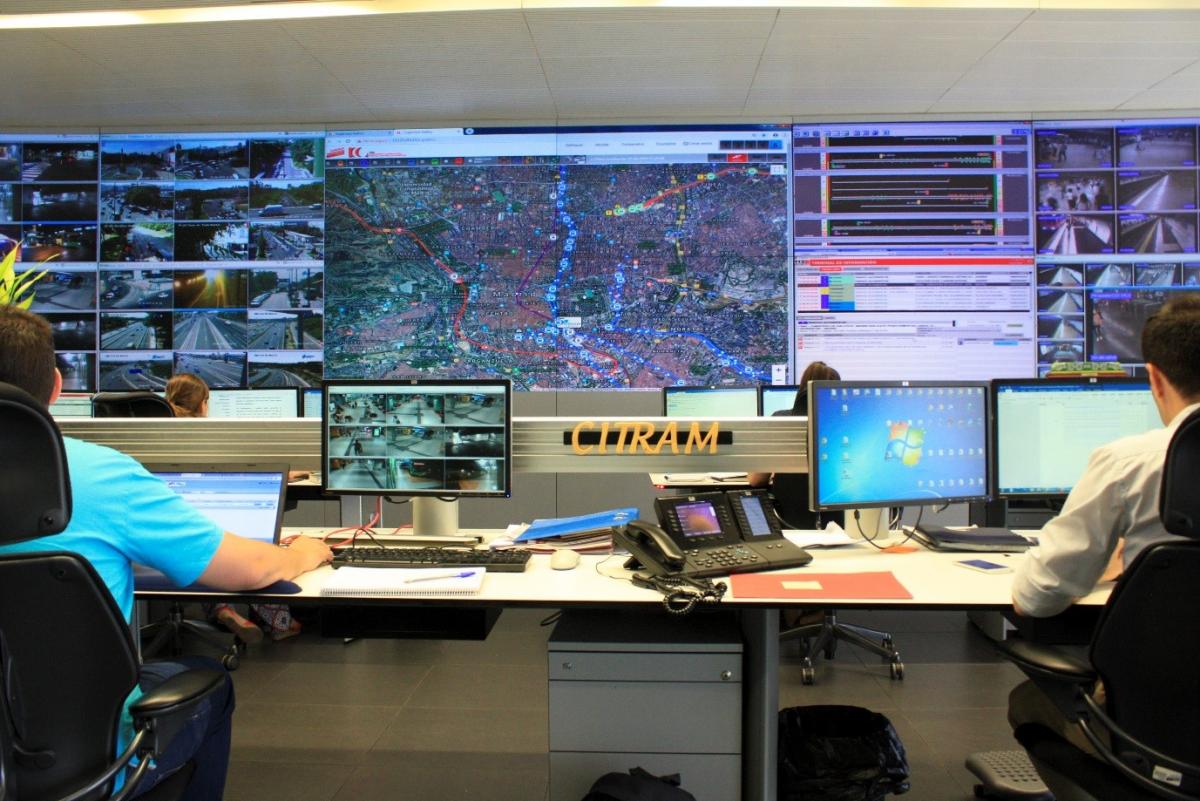

Crises, like the one caused by this pandemic, emphasise the key role of transport authorities.
Metro de Madrid
Metro de Madrid is the public company operating the subway in Spain’s capital. Nuria Santos de la Calle, who is in charge of Institutional Relations at Metro de Madrid, talks about her experience as a “non-front line employee” and how she now sees “very clearly how risky and how essential” the front line workers’ role is in comparison to her own.
That being said, there are of course other key learnings that she has managed to take away from this experience: “Being in touch with colleagues from other metropolitan companies around the world, exchanging useful information and promoting cooperation is really gratifying, particularly when thinking of future opportunities”, said Santos de la Calle.
Metro de Madrid has also realised that some procedures can be successfully carried out remotely, and intends to continue implementing remote work in the future.
“Remote work is a good way of reshaping habits and attitudes – it offers a fine starting point for future plans of improving efficiency”, said Santos de la Calle.
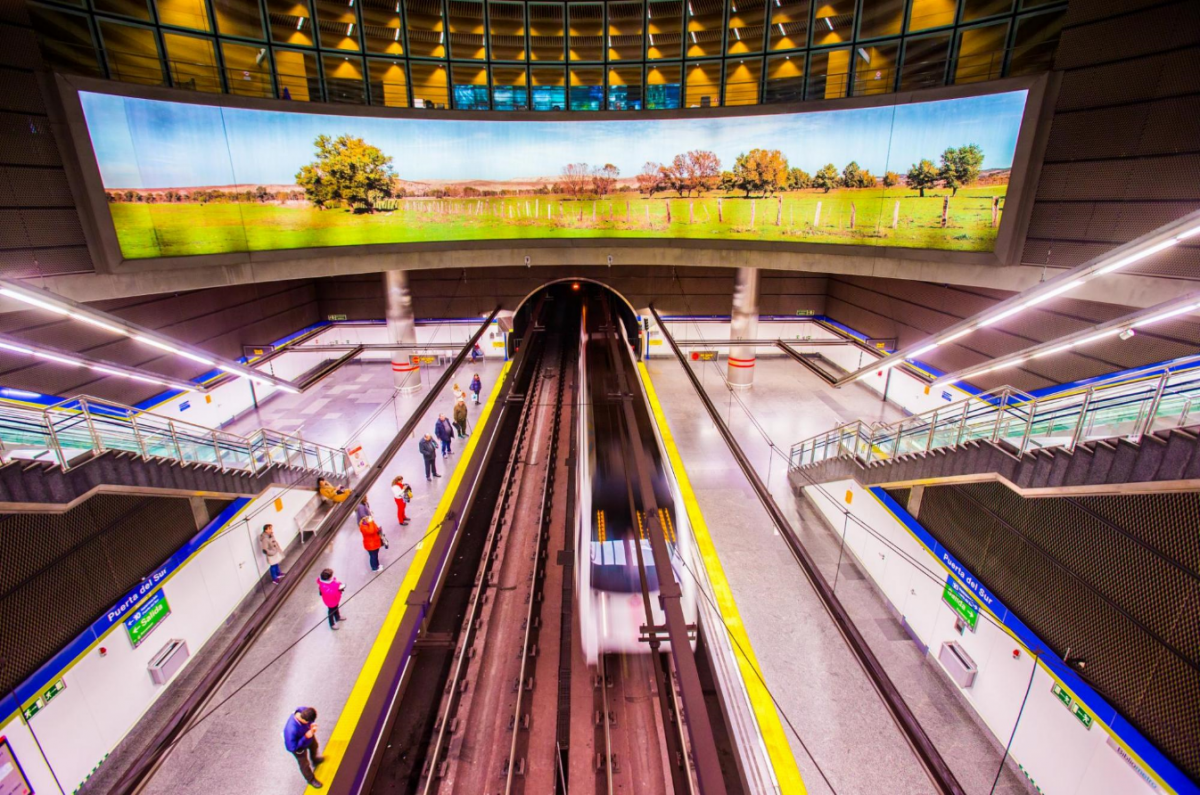
EMT Madrid
EMT Madrid is in charge of operating buses and a bicycle-sharing system in the city of Madrid. In early March 2020, the company adopted a set of specific procedures to manage the coronavirus pandemic in its services including the formation of a special coordination committee, extra cleaning and disinfecting measures and many more preventative actions.
“The extraordinary reaction of every member of every team involved in the new tasks motivates the whole staff to do their best”, said Alfonso Sánchez Vicente, the Director of EMT Madrid.
EMT has shown a clear commitment to help wherever the city of Madrid needs it. Four buses were loaned to the MILITARY EMERGENCY UNIT (UME) and one more to Emergency Medical Service (SAMUR) for the transfer of patients.
EMT Madrid launched a volunteer system which “cares for those who care for us most in the battle against the coronavirus outbreak: the healthcare workers”. Thanks to a number of volunteer bus drivers, shuttles have been launched to connect hotels that house healthcare workers with different hospitals and healthcare centres. There are currently 131 volunteer bus drivers who offer their time to drive these bus lines.
Sánchez emphasises that public transport is “supporting the mobility needs in cities and is making a great effort to provide a good service in relation to many new demands”. It is important to remember that “current conditions are strict and extreme and therefore make the experience of the staff very intense and stressful”.
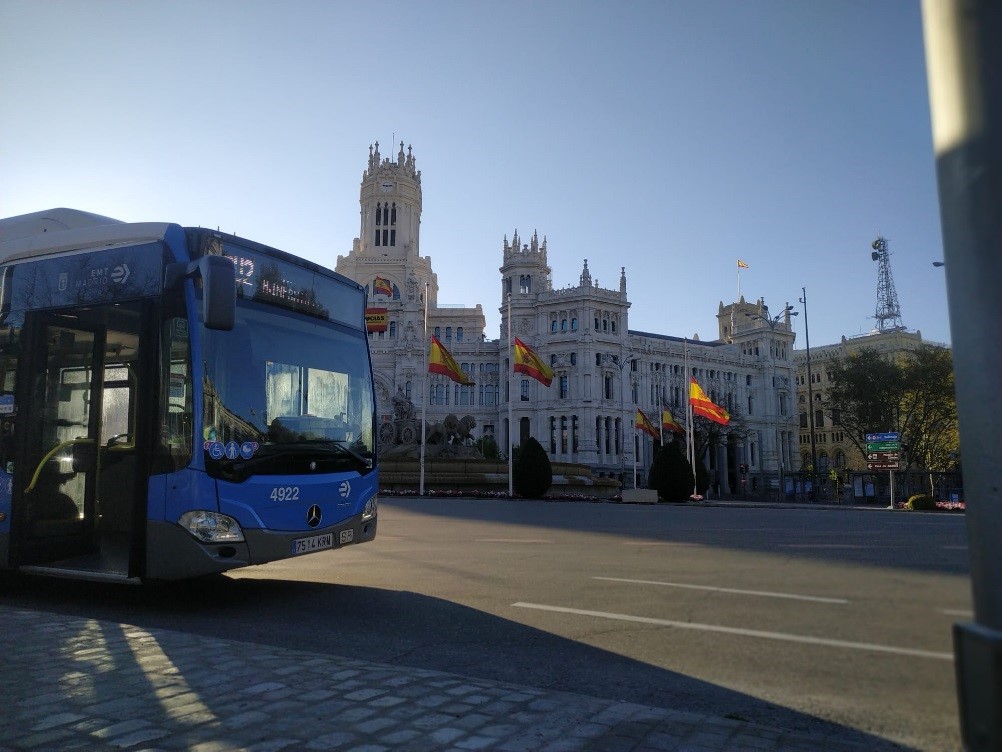
Current conditions are strict and extreme and therefore make the experience of the staff very intense and stressful.
Alsa
Alsa is a private bus operator offering urban, suburban and longer distance journeys in, to, and from Madrid. Among their initiatives during the crisis, Alsa is collaborating with the Spanish Army to transport health personnel and patients.
“This has been a huge, exceptional challenge for all the Alsa team members”, said Cesar Llana, Director of Alsa in the Madrid Region. “We were facing a totally unexpected and daily changing environment, working under unprecedented circumstances not comparable to any other previous situation.”
The bus company has also donated all the food stock available in its catering areas and bus stations across Spain to the Caritas charity which distributes the food among most vulnerable citizens. And as a recent initiative, Alsa has opened its facilities to the Red Cross to clean and disinfect their vehicle fleets.
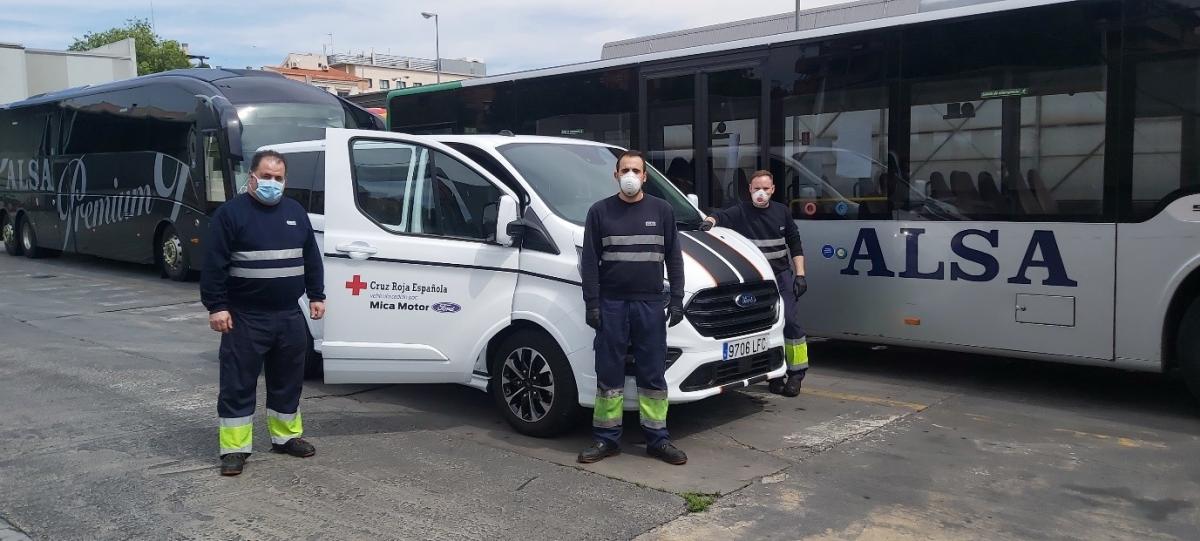
“One of the greatest motivations was the objective of providing public services while ensuring the best safety conditions and standards for all our customers and employees. We knew we could not fail them.”
Thank you to all these Guardians of Mobility in Madrid for keeping their city moving and their charitable work!
become a member



